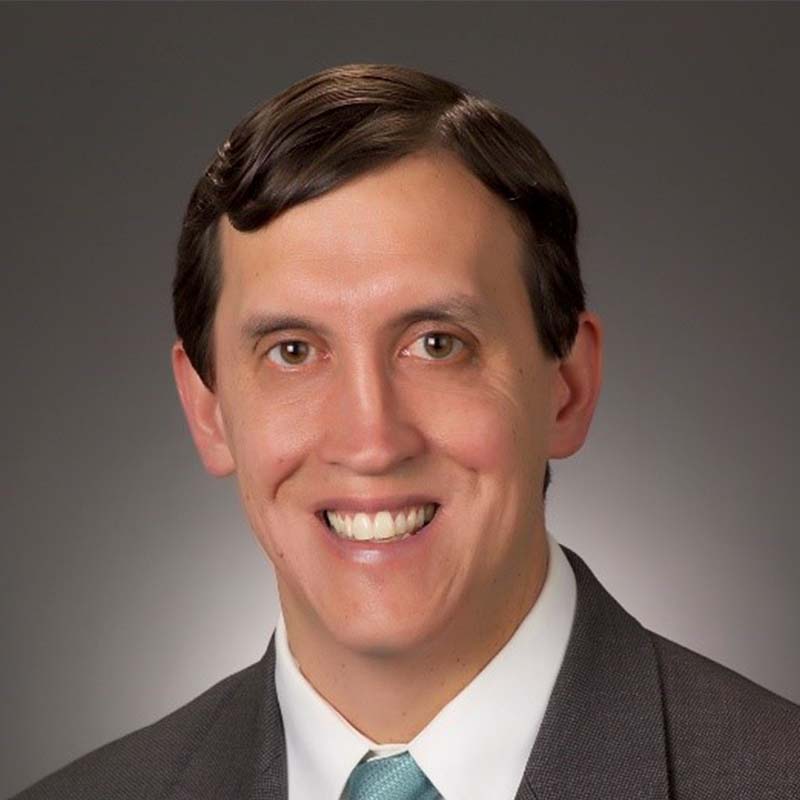
Serving as a leading voice in economic and community development, Kenan-Flagler Alumnus (MBA/MRP ‘03) Tucker Bartlett continues to give back to the community through his role of Executive Vice President at Self-Help Ventures Fund.
Prior to becoming Executive Vice President in 2010, Bartlett worked at Self-Help – a non-profit organization that promotes economic opportunity for everyone – as the Director of Commercial Real Estate Development and Lending from 2003 to 2006, where he coordinated the development and asset management of commercial real estate portfolios.
Amidst the recession, Bartlett left Self-Help to join Scientific Properties in 2006, a small up-and-coming commercial real estate firm based in Durham, NC. Serving as the Development Manager from 2006 to 2008, Bartlett soon got promoted as the Chief Operating Officer where he oversaw major development projects and grew company revenue from $1 million in 2007 to nearly $4 million in 2010.
With his position at Scientific Properties, Bartlett had the opportunity to work in his hometown. However, he soon chose to leave and return to Self-Help in 2010 to continue to mold the organization.
“I always thought I’d come back to Self-Help eventually,” Bartlett said. “Working at the business level I think … helped me relate to the small businesses during the recession.”
Bartlett credited his success within both companies to the risks he took as a graduate student when he chose to pursue work in small organizations as opposed to playing it safe in larger companies.
“What’s better about the small companies is the amount of things you’ll get exposed to. When I came out of grad school to work at Self-Help, I was doing types of [things] that my peers probably didn’t get for 10 years,” Bartlett said. “I might have had less support instead of some who went to a big company, but I got a lot more opportunity.”
Through his experiences, Bartlett developed intangible skills, learning to speak and “move between different types of people,” soon becoming what he identifies as a “bridge builder.”
“Someone who can relate to lower income people; rural and urban areas; red and blue states; speak multiple languages, not foreign, but the language of business and policy,” Bartlett said. “Basic skills are always important, but I think bridge builders [is] really what I hope to have been and what we still need in the future.”